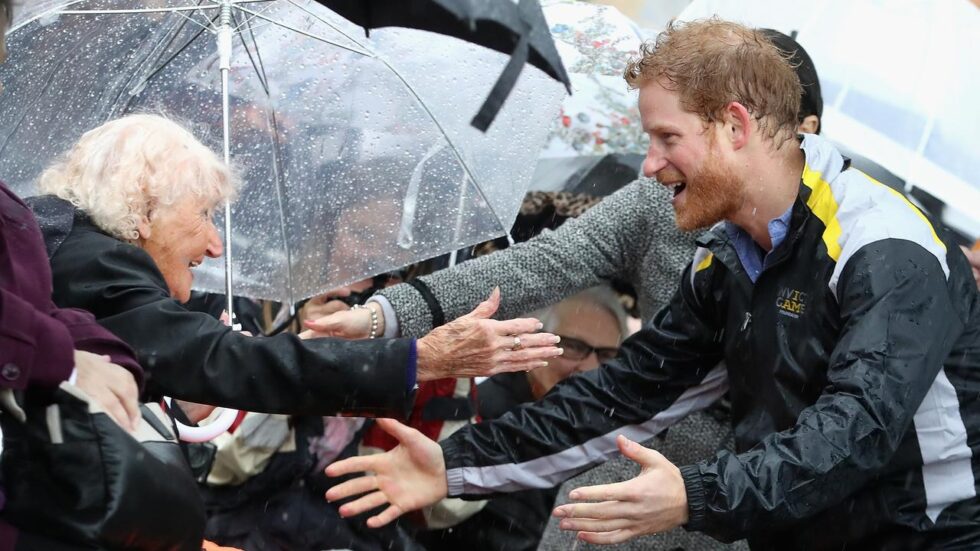
Next week’s federal budget will once again collect more in tax than expected, raking in an extra $25 billion over the five-year budget forecasting period.
The windfall is smaller than in the past six updates, prompting Treasurer Jim Chalmers to warn his third budget would be characterised by “intensifying, not easing” financial pressure to show fiscal restraint.
But he also flagged new spending on what he described as “urgent” priorities.
Independent economist Chris Richardson said the budget was still “rolling in cash” as it had been for the past few years, warning the government against using the “temporary good news” to spend big.
The figures reflect the difference between how much tax Treasury now expects to collect between 2023-24 and 2026-27 compared to what it expected in its last update, in December.
Revenue intake has been higher than expected in every update since the 2020-21 budget, which coincided with the COVID-19 recession.
The upside surprise peaked in the Albanese government’s first two budgets – $144.6 billion and $130.6 billion respectively. Another $66.1 billion was added last December.
Just like in those updates, there are two main reasons: high commodity prices leading to a high corporate tax take, and a stronger-than-expected economy leading to a high income tax take.But while all of those factors are pushing in the same direction as they did in the government’s first two budgets, Treasury believes they are smaller, in particular as the economy “weakens” in Australia and overseas.Mr Richardson, who released his annual pre-budget report on Sunday night, said it was unlikely the good fortune would continue.”[This year’s figure] isn’t nearly as spectacular as [recent windfalls],” he said.”This trend is not our friend … Luck’s a fortune, but it isn’t a strategy.”Mr Richardson’s report was written before the $25 billion figure was published. He offered his own prediction of $41 billion, but noted the official figure would likely be less generous because of “sheer Treasury conservatism”.He said Treasury had consistently underestimated the tax take because its estimates of the size of the economy and commodity prices were deliberately conservative.”Treasury has an incentive to understate its numbers. If the economy unfolds to plan, then that conservatism allows them to give the Treasurer of the day a series of happy ‘surprises’ on the budget front.”But if the economy and budget are weaker than expected, Treasury’s conservatism gets them closer to the mark.”No wonder there [has] been a series of write-ups.”



